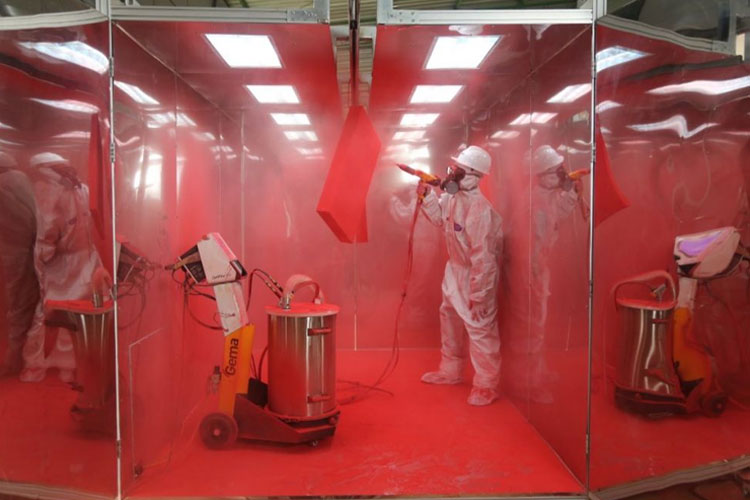Metal Fabrication In NU Ma’arif Kudus Vocational School Generates IDR 7 Billion Every Year

TIMESINDONESIA, KUDUS – The improvement in the quality of Vocational High Schools (SMK) continues to progress from time to time along with the increasing needs of the industrial world.
One indicator of the quality of vocational schools is through the implementation of the Teaching Factory learning system, as applied in the NU Ma'arif Kudus Vocational School.
Advertisement
This school has implemented the learning of the Teaching Factory in the field of metal fabrication, where students and teachers from various competencies of expertise are involved in practice activities in schools in order to be able to complete real work from industry.
Through this Teaching Factory lesson, students get valuable opportunities and experiences in honing the hard skills and soft skills needed to complete real work from the industry and be successfully accepted by the market.
In addition, the various products they have produced are recorded as part of a useful student portfolio in their career development after graduating from vocational school.
Teaching Teaching Factory not only provides benefits for improving the quality of vocational students but also for schools, one of which is an additional income from product sales which reaches IDR 7 billion annually.
This income is used to support the sustainability of school operations, improve the welfare of teachers and can even provide scholarships for students involved in this learning process.
In order to be able to realize a superior Teaching Factory, external relations with industry are needed.
This is done in order to carry out curriculum alignment, increase the competence of teachers and school principals, and fulfill infrastructure in accordance with industrial standards.
Having relationships with industry is also needed in opening product marketing access to marketing graduates from vocational schools.
This initiative aims to strengthen the competence of teachers and supporting infrastructure with international standards. Although it has only been less than 6 years, the Teaching Factory is able to produce 425 graduates who are competent in the field of metal fabrication every year with a labor absorption rate of above 85 percent.
Creating a positive impact is not a foreign thing for the power program of SMBC Indonesia.
As a sustainable and measurable empowerment program and able to provide significant changes for millions of people.
The power program has consistently implemented sustainable social and environmental empowerment since 2011 by focusing on four main pillars, namely developing self-capacity, financial literacy, increasing business capacity, and sustainable life.
Throughout January to May, the power program has reached more than 4.4 million beneficiaries through 3,856 activities.
"As a manifestation of SMBC Indonesia's vision to provide more meaningful changes through Power, we always collaborate with partners with the same vision, such as collaboration with the Djarum Foundation. Together, we believe that concrete support for the development of human resources of the younger generation, one of which is through capacity building through vocational education, plays an important role in the creation of sustainable and meaningful social values for students, families, and the surrounding community," said SMBC Indonesia President Director Henoch Munandar.
This support is clear evidence of the involvement and synergy between corporations and the industrial world in an effort to improve the quality of vocational schools in Indonesia.
"SMK NU Ma'arif Kudus is expected to increase the absorption of labor and income of graduates in the field of metal fabrication that is absorbed in the domestic and foreign industries," said the Djarum Foundation Primadirad Education Service Director Program. (*)
**) Ikuti berita terbaru TIMES Indonesia di Google News klik link ini dan jangan lupa di follow.
| Editor | : Khodijah Siti |
| Publisher | : Rochmat Shobirin |

